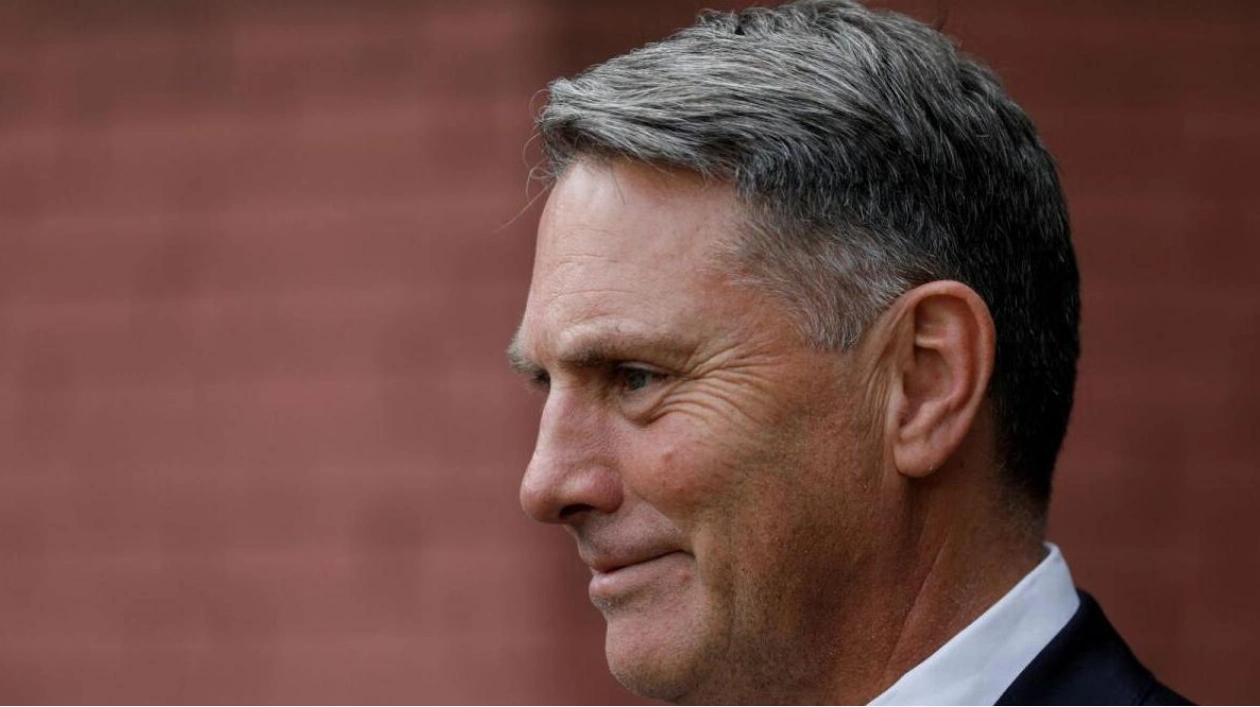Australian Defence Minister Richard Marles announced on Sunday that Japanese troops will commence regular deployments in northern Australia as part of enhanced military cooperation with Australia and the United States. Currently, around 2,000 US Marines are stationed in Darwin, the capital of the Northern Territory, for six months each year, reflecting growing concerns among Washington and its allies about China's expanding military influence in the Indo-Pacific region.
"Today, we are announcing that there will be regular deployments of Japan's amphibious Rapid Deployment Brigade to Australia," Marles stated during a televised press conference in Darwin, alongside US Defence Secretary Lloyd Austin and Japanese Defence Minister Gen Nakatani. Marles further emphasized the strategic importance of these joint exercises, telling Sky News, "Having a more forward-leaning opportunity for greater training with Japan and the US together is a really fantastic opportunity for our defence."
The deployment holds particular historical significance as Darwin was a significant base for Allied forces during World War II and suffered heavy bombings by Japanese forces. These air raids are often likened to Australia's Pearl Harbor. Austin expressed confidence that the US will fulfill the capabilities outlined in the AUKUS deal, which includes Australia acquiring US nuclear submarines and collaborating with the US and Britain to develop a new class of nuclear-powered submarines.
Austin also highlighted the US Defence Department's focus on ensuring a smooth transition to the incoming administration of President-elect Donald Trump. "I'm really proud of the things that this administration has accomplished over the last four years, in terms of what we've done in this region to strengthen alliances and to work with countries that share the vision of a free and open Indo-Pacific," he added.
Sunday's trilateral meeting in Darwin marked the 14th such gathering between Australia, the US, and Japan. At the previous meeting in Singapore in June, the nations voiced grave concerns about security in the East China Sea and explicitly opposed "any destabilising and coercive unilateral actions" there, a clear reference to China. In September, China's test launch of an intercontinental ballistic missile into the Pacific Ocean raised concerns among several Pacific nations, including Australia.
Source link: https://www.khaleejtimes.com






